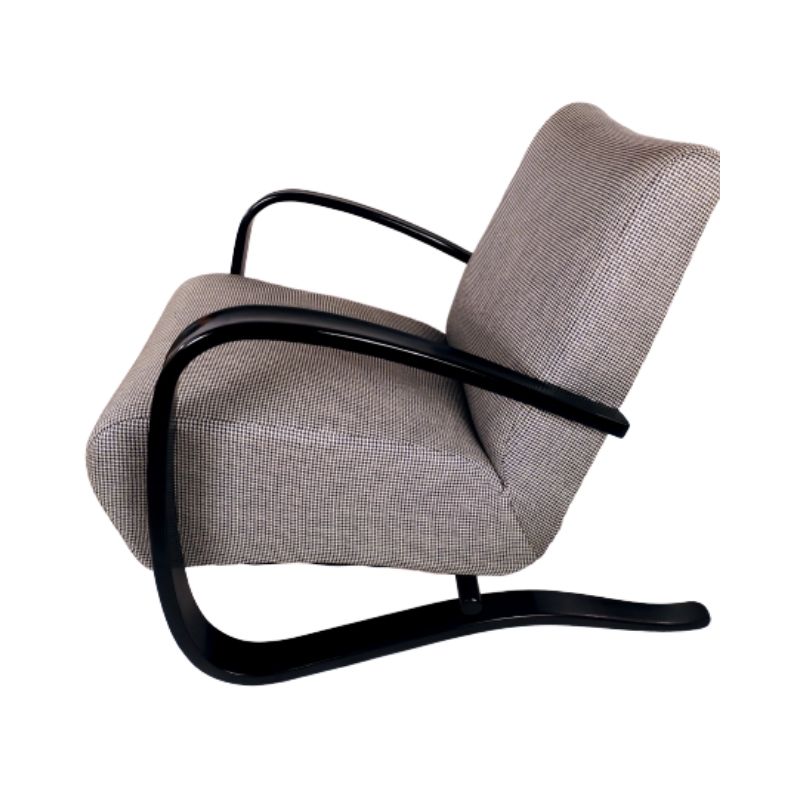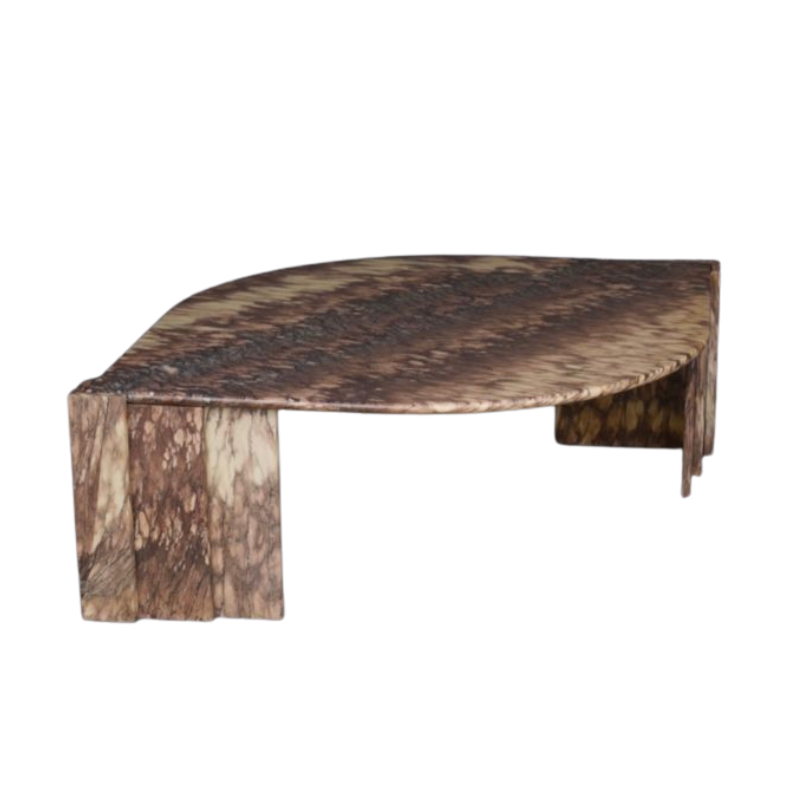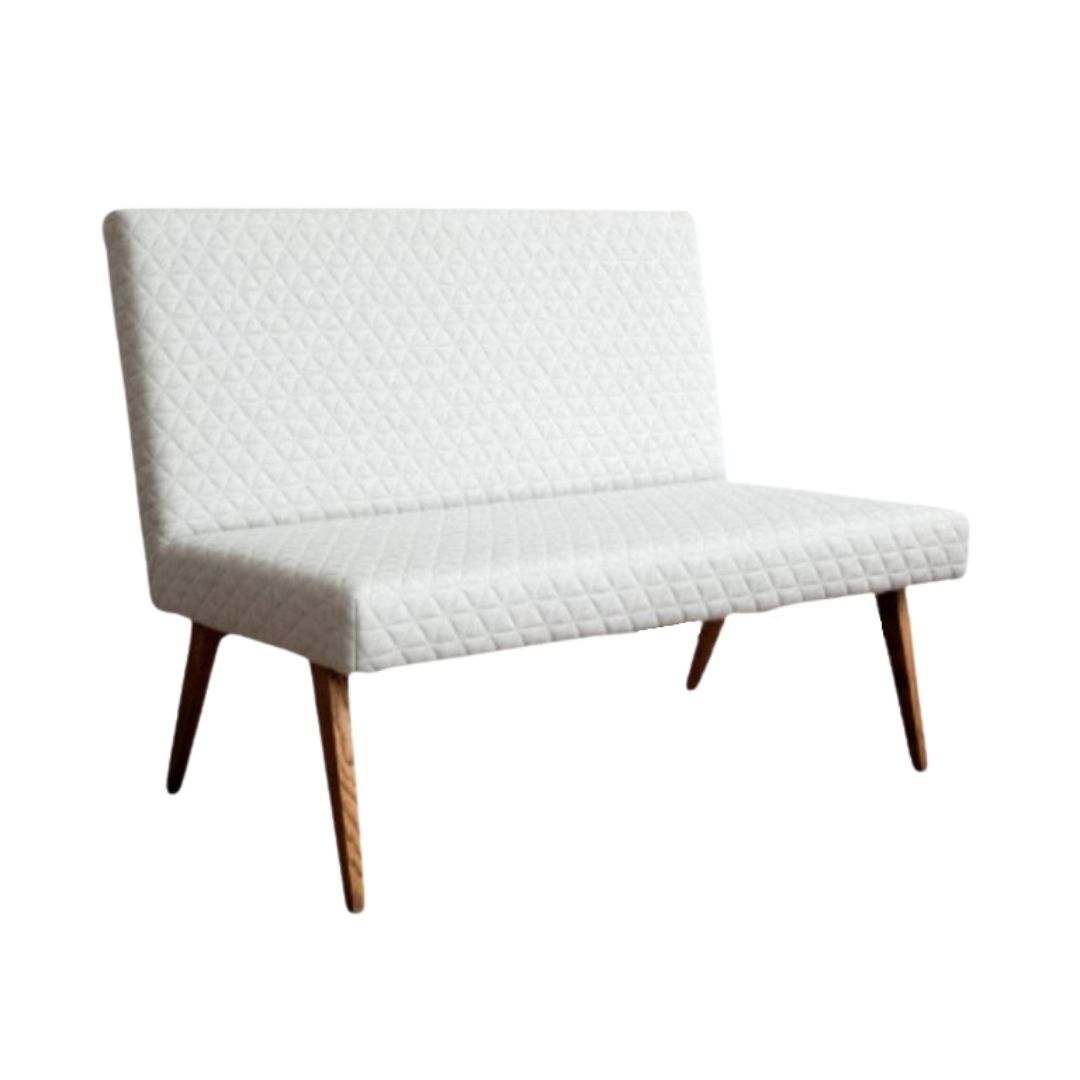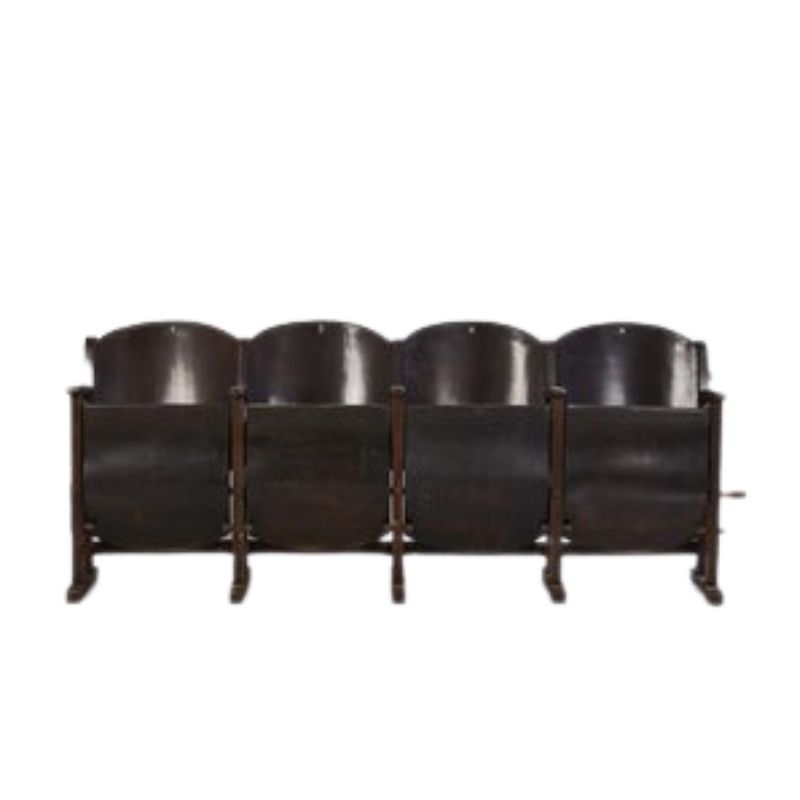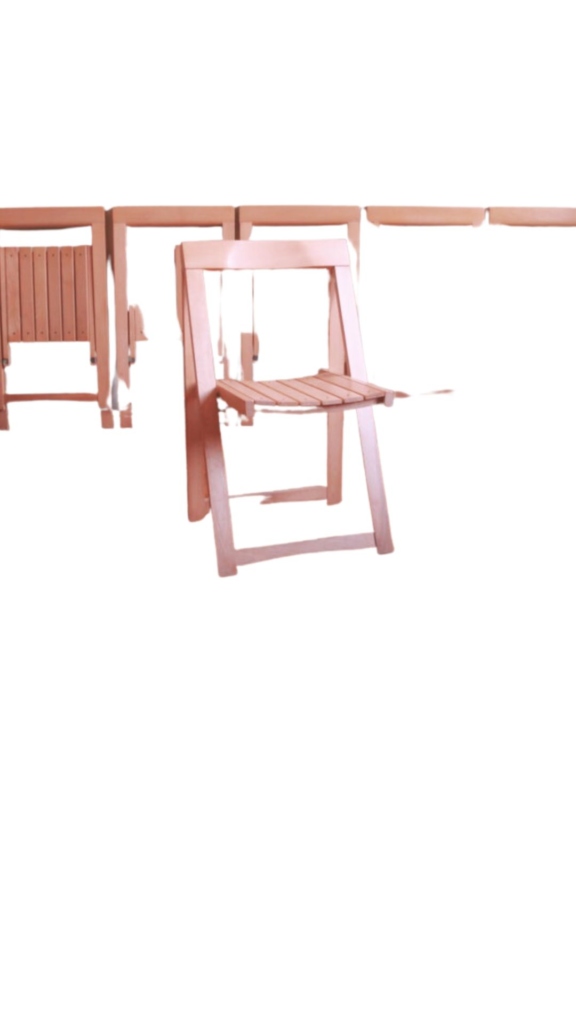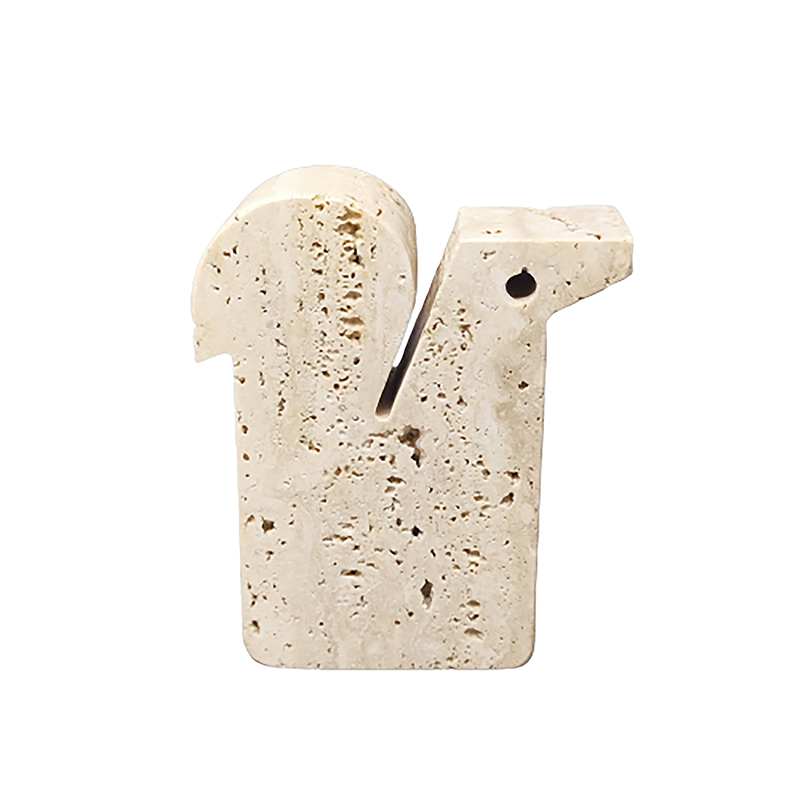Hiya.
I have these two nests of tables which I can't seem to identify, mostly because they don't have any markings other than the 3 digit number stamped on them. They are both solid wood, not veneer. One has "939" ink stamped on it and the other has "247" imprint stamped.
Did producers use a style of stamping consistently? Is it a way of narrowing an identification search?
I bought them at auction in the UK but have no knowledge of their previous homes. There are so many nest of tables out there, many of which are imitations, that I'm struggling to whittle it down. What I do know is that there is no sign that there was any stick-on label previously, which at least precludes G-Plan.
Any help gratefully received.
Thanks,
Pete. <img class="wpforo-de
<img class="wpforo-de
I've never seen a curved stretcher like that. Odd. It would seem to be counter-productive to the purpose of a stretcher.
Also, it is hard to see in the photos if there is edge banding for the 939 set, but it is clearly there on the 247 set. That almost always (if not always) indicates that the top is veneer. The underside of the top is also veneer. The core could be made of solid local hardwood, particle board, or some other substrate.
The tops are absolutely veneer. There is the edge banding, but you can also tell from the repeating grain pattern on the tops that it is veneer.
99% likelihood there is particle board hiding 1/42nd inch from the top. Plywood or lumbercore is a very slightly possibility. The Danes sometimes laminated veneer on top of a solid hardwood, but never with edge banding because the edge banding would break off the end grain edge very rapidly; it was usually for drawer fronts where teak veneer would be laminated over afrormosia.
The only way to have the appearance of edge banding on a solid table top, is to have the "edge banding" loosely attached via joinery so the table top can expand and contract. The downside is the the table surface will nearly always be longer or shorter than the ledgerboard pseudo edge banding.
Any other time you see edge banding on a solid wood table top, like I see in new restaurants all the time, is when the tables will fall apart in the near future.
Thanks for the input.
I'd forgotten the clue about the edging strip - or at least I'd forgotten it while typing the query - but yes, you're right: almost certainly veneer top. It's only on the one set. Did Danish manufacturers use this method or was it limited to imitators?
The stretcher is steamed bentwood rather than bent into place, so will have a small amount of spring to it, acting to push apart, but yes, not an obvious solution - more aesthetic than purely functional - but I think it adds to the styling without looking superfluous.
I'm quite new to owning mid-century furniture and hadn't realised just how much there was still out there, or just how much that I thought slotted into the "Danish" category is actually cheap versions. It makes it even more satisfying when I find a piece that's been written off as "old furniture".
I don't know, these look a lot like your first set:
https://www.etsy.com/listing/237921088/mid-century-danish-modern-teak-ne...
which are identified as G-Plan, not that an attribution on Etsy is infallible...
and these look like the other set:
http://www.retroliving.co.uk/product.php?item_id=98&name=G-Plan-Fresco-R...
again, an internet attribution. This taken with the fact that you are in the UK .... if it looks like a duck, and quacks like a duck ...
I would see if you can dig up a G-Plan catalog, and look for the 'FRESCO RANGE'. Just my two cents, for what it is worth...
If you want more proof, I would take a look here:
http://hwfurniturearchive.bucks.ac.uk/asset-bank/action/viewHome
There is probably something here that would prove these out as G-Plan...
Before I knew the variety and depth of heritage on such items I used to think of anything like this as being g-plan, but I know assume that was because that just what we grew up with in th UK.
There is no sign that there were ever any stickers which is why I excluded G-plan as a possibility, but as I said, I'm new to this lark. I'm learning more every day but there's so much to know that I'm glad there are places like this where much more knowledgable folk hang out. It's great having keen people to chat with.
I'd assumed that they were made by different makers because they are subtly different and I didn't think anybody would make two products that were fundamentally the same - material quality aside.
Etsy, eBay, Pinterest and even gumtree are my first pass research points for finding similar items, but to find anything other than somebody else's guess, groups/websites like this are the best, by far.
Thanks for the input, everybody.
If you need any help, please contact us at – info@designaddict.com



